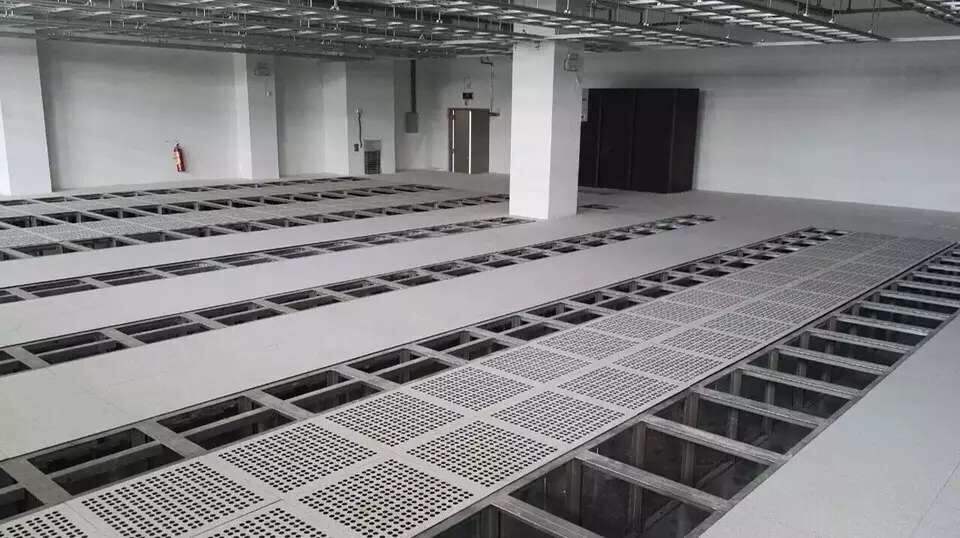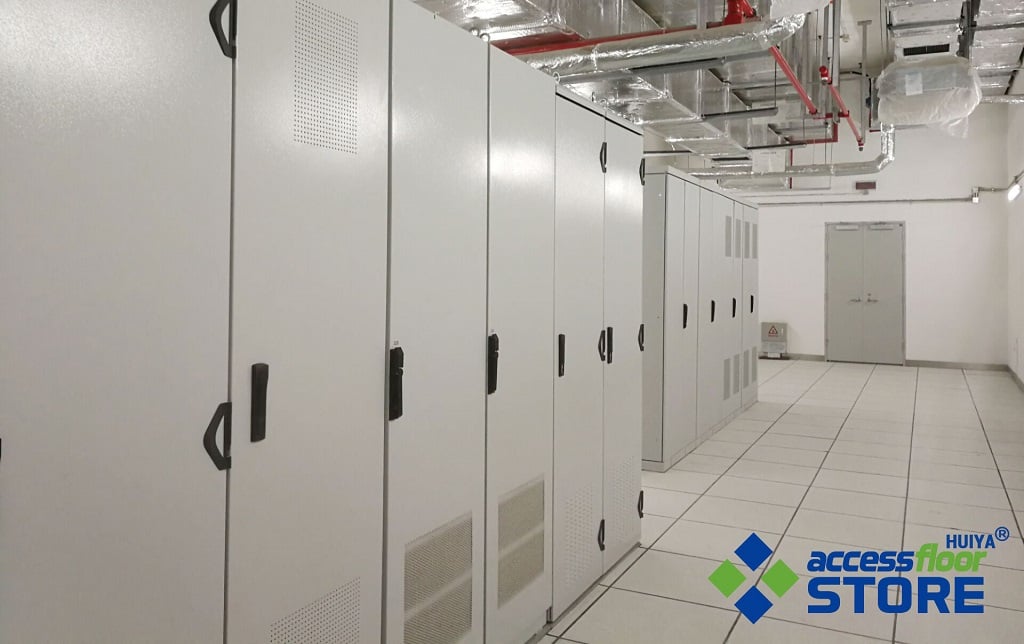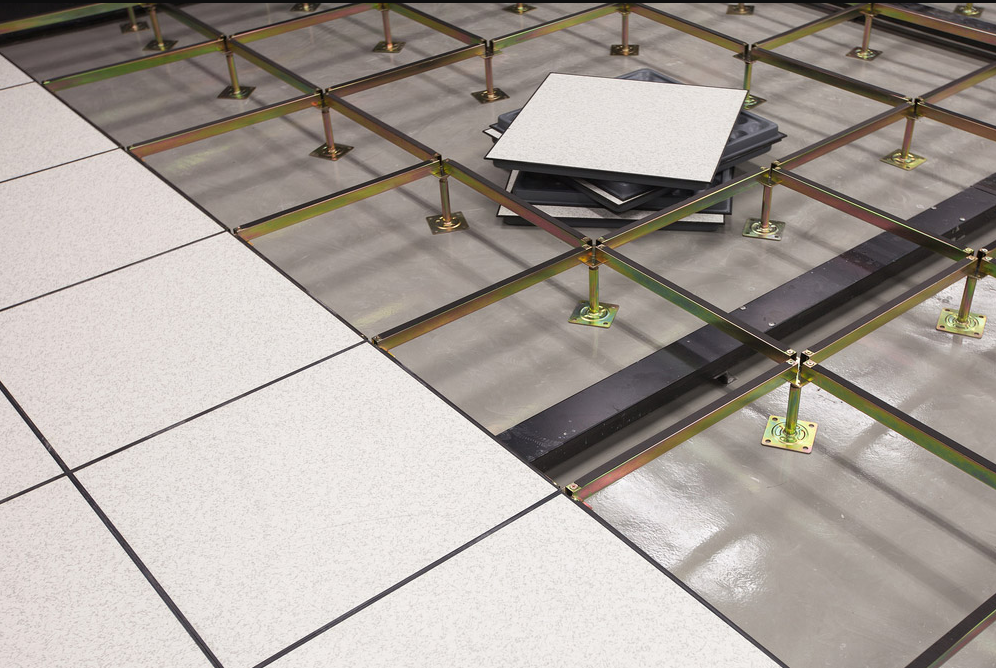Good design judgement before diving in on whether sprinklers are required or not remember that good design judgement is always important.
Do i need fire sprinklerunder a raised floor.
6 cables other than those covered in 645 5 e 2 and e 3 are one of the following.
The international building code ibc requires all buildings containing group r occupancies to have sprinklers throughout.
Building code for home fire sprinklers in one and two family dwellings subsequent editions of nfpa 5000 have retained this requirement.
Listed type dp cable having adequate fire resistant characteristics suitable for use under raised floors of an information technology equipment room b.
Sprinklers can be omitted from several exterior spaces as well.
Other than the few exceptions introduced in 2013 the requirements are clear.
If you are using sprinklers the fire department may or may not require you to have sprinklers under the floor depending on if you have combustible materials cables switching boxes etc present below the subfloor.
For years fire sprinkler provisions have been in building codes.
Sprinklers can be omitted from these spaces provided they are not accessible for storage contain no equipment such as conveyors or fuel fired heating units the floor above is not used for handling or storing combustible or flammable liquids and the floor construction is tight.
However the need for sprinklers specifically located in the concealed spaces of floors and roofs is dependent on the type of sprinkler system specified nfpa 13 or nfpa 13r and the use of fireblocking and draftstopping.
And minimize the entrance of debris beneath the floor.
Nfpa 72 national fire alarm code is the code you re looking for.
Nfpa 72 2002 ed 5 7 3 2 3 a spacing of 9 1 m 30 ft shall be permitted to be used as a guide nfpa 72 2007 ed 5 7 3 2 3 1 in the absence of specific performance based detection criteria smoke detectors shall be permitted to be located using 9 1 m 30 ft spacing you should check with the ahj to ensure what they.
Raised floor fire protection utilizing separate suppression zones for both above floor and sub floor spaces is a common practice in areas where the subfloor contains a significant hazard fuel load.
Just because certain code verbiage or annex material exists does not mean you as a designer engineer or review authority should forfeit good judgment or common sense.










